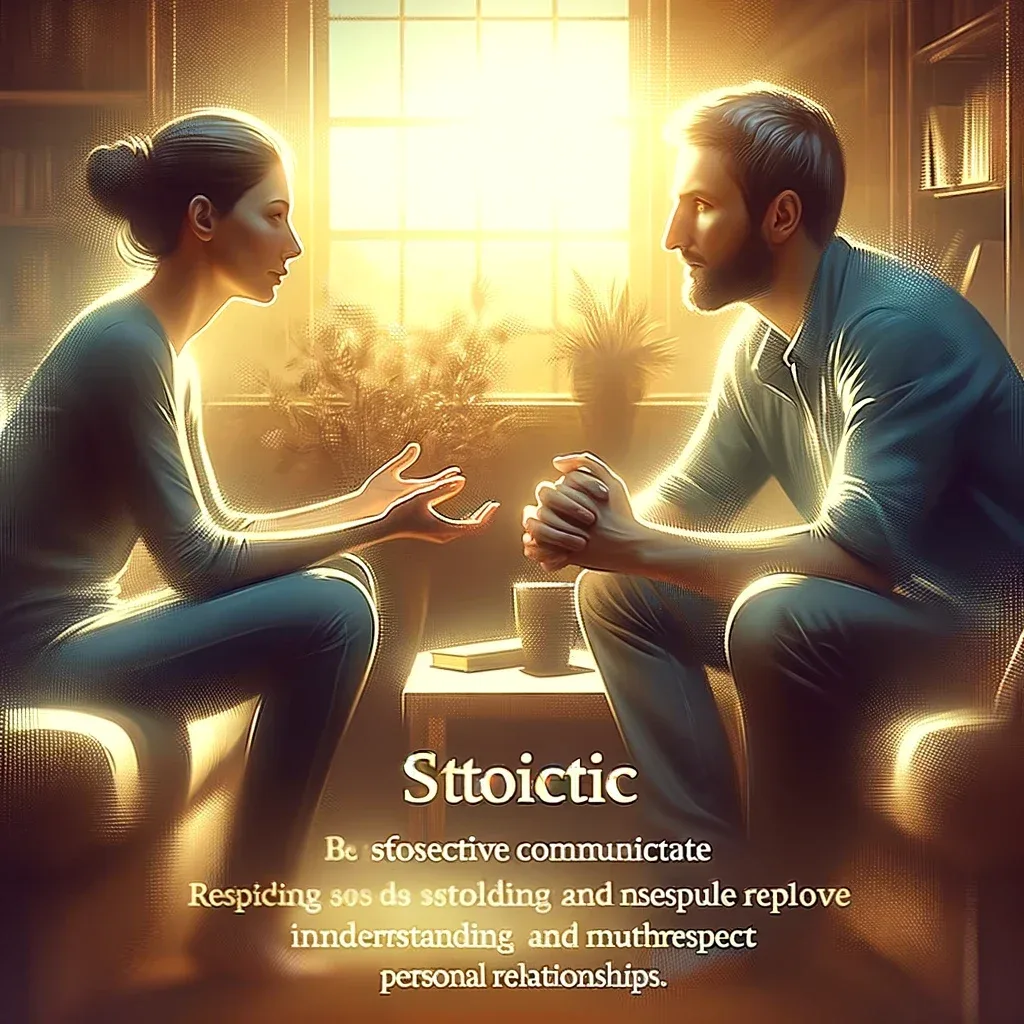In the current context, where victimhood often dominates social discourse, stoicism emerges as a powerful antidote. This ancient philosophy, with its roots in Greece and Rome, offers a transformative perspective, encouraging personal responsibility and resilience. The article “Stoicism: Antidote to Victimism” explores how Stoic teachings can be applied to overcome victim mentality and promote a sense of agency and empowerment. Throughout this text, the key concepts of Stoicism will be explored, their relevance in the modern world and practical strategies for adopting a stoic stance when faced with life's challenges.

Understanding Victimism

What is Victimism?
Victimism is a mentality where the individual perceives themselves as a constant victim of circumstances, other people or society in general. This perspective can lead to passivity and lack of control over one's life, generating feelings of impotence and hopelessness.
Consequences of Victimism
Victimism can have harmful effects on both mental health and interpersonal relationships. It leads to a cycle of negativity, where the person feels unable to change their situation, thus perpetuating a pessimistic worldview.
Breaking the Cycle of Victimism
The key to breaking the cycle of victimism is recognizing and taking personal responsibility. Understand that although we cannot control all circumstances, we have the power to choose how we react to them.
Stoicism as an Antidote

Stoic Philosophy: An Overview
Stoicism, founded by Zeno, is a philosophy that values virtue, self-control and logic. It teaches that happiness comes from acceptance of the present moment and control over one's actions and reactions.
Stoic Principles Against Victimism
Stoic teachings, such as acceptance of what cannot be changed and emphasis on internal control, offer an opposing perspective on victimhood. They encourage resilience and proactivity in the face of challenges.
Stoicism in Practice
Adopting a stoic approach means practicing reflection, developing self-discipline, and seeking wisdom. This involves training the mind to focus on what can be controlled and accept what is beyond our reach.
Stoic Tools Against Victimism

Focus on Internal Control
Stoics believe that we should focus our efforts on the areas of life that we can control, such as our actions, attitudes and emotional responses, rather than lamenting external circumstances.
Reflection and Self-Knowledge Exercises
Daily reflection exercises and practices like reflective writing help you develop a deeper understanding of yourself and strengthen your ability to face adversity with a proactive mindset.
Cultivating Gratitude and Positive Outlook
Stoicism promotes gratitude and recognition of life's blessings. By focusing on what is positive and possible, individuals can shift their internal narrative from one of victimization to one of empowerment.
Applying Stoicism in the Modern World

Stoicism in the Workplace
In the workplace, stoicism helps to deal with stress and challenges, promoting an attitude of responsibility and a focus on solutions rather than blaming circumstances or other people.
Stoicism in Personal Relationships
In personal relationships, Stoicism encourages effective communication and constructive conflict resolution, focusing on what each person can do to help
improve the situation.
Stoicism and Mental Health
In mental health, stoicism offers strategies for dealing with anxiety and depression, encouraging an active stance in managing thoughts and emotions.
Conclusion
Stoicism represents a powerful antidote to victimhood, offering a philosophy of life based on personal responsibility, emotional control and the search for wisdom. By adopting a stoic perspective, we can transform our life experience, moving from a victim position to an active protagonist. Applying Stoic principles in everyday life not only improves our resilience and personal well-being, but also enriches our interactions with others and our contribution to society. Ultimately, Stoicism teaches us that while we cannot choose our circumstances, we can always choose our response to them.
Frequently Asked Questions (FAQ) about “Stoicism: Antidote to Victimism”
Below, we present a detailed FAQ, consisting of the top 10 questions about the article “Stoicism: Antidote to Victimism”. These questions and answers offer a deeper understanding of how stoicism can be used to overcome victim mentality and promote a sense of empowerment and personal control.






